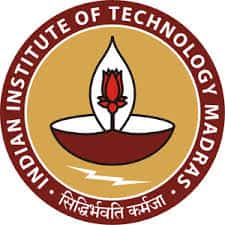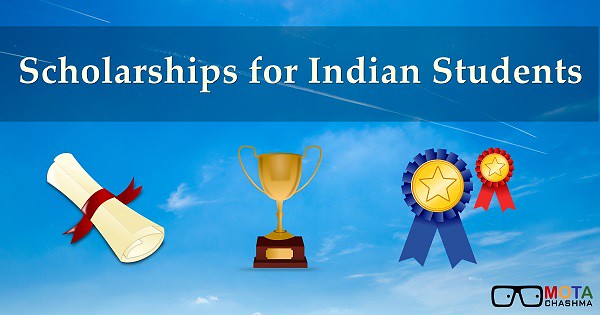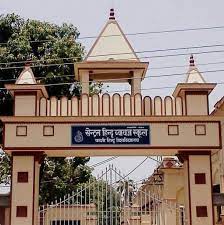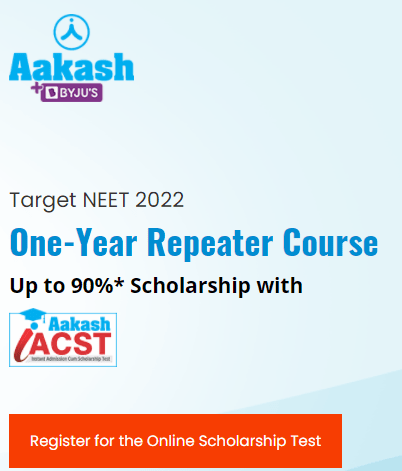HSEE Syllabus 2018 is for HSEE Exam for admission into Integrated MA course in IIT Madras will be held on 15 April 2018. The candidate will have to appear in a 3 hours long written test for selection in 5 years Integrated course. On this page, the HSEE Syllabus 2018 is given below which is an essential part of HSEE admission.
Part I - Computer Based Test- It covers the following topics:
- English and Comprehension Skill
- Analytical and Quantitative Ability
- General Studies covering the areas of Indian Economics (since Independence), Indian Society, Contemporary World Affairs (post-World War II); Environment and Ecology.
Part II - Written Test
The candidate has to write an essay on the general topic involving description, or/and reflection or/and discussion.
HSEE Syllabus Part 1
HSEE Syllabus 2018 for English
English (25% marks): This section tests the candidate’s ability to understand and use standard English, and to appreciate the literary language.Questions are related to the following areas:
- Reading skills: Candidates will be required to read the given passage/s that aim to test their comprehension skills.
- Grammar: This section tests the candidate’s knowledge of English grammar such as sentence structure and usage, the use of tenses, verb patterns, articles, and active and passive constructions etc.
- Vocabulary: This section examines the candidate’s vocabulary skills. Candidate’s ability to understand meaning, structure and collocation of words is tested here.
HSEE Syllabus 2018 for Analytical and Quantitative Ability
Analytical and Quantitative Ability (25% marks): This section tests the candidate’s analytical skills and quantitative abilities. Questions are related to the following areas:
- Numbers, Algebra, Highest Common Factor (HCF) and Lowest Common Multiple (LCM), Calendar, Basic Statistics – Average, Ratio and proportion, Profit and Loss, Percentages, Simple and Compound Interest, Work and time, Discount, Age sums, linear equations, elementary trigonometry. Data Interpretation, Analytical Reasoning, Logical Reasoning, brainteasers, and patterns.
HSEE Syllabus 2018 for General Studies
General Studies (in four parts - 50% marks):
- Indian Economy: This section is intended to test the understanding of some basic economic concepts and awareness of key issues pertaining to the Indian economy with a focus on the developments after independence. The concepts and issues covered are:
- Understanding the Economy: Scarcity, opportunity cost, resource allocation, economic systems and their characteristics, features of market economies, forces of demand and supply, the elasticity of demand and supply.
- Main Features of Indian Economy: Natural resources; human resources -population size and composition, literacy and education, occupational distribution.
- Major Economic problems: Poverty, Unemployment and Inequality -concepts, measurement, trends, sectoral distribution and policies, inflation – trends, causes and remedies.
- Economic Growth and Development: Meaning and measurement of economic growth, stages of development, national income concepts and trends, trends in savings and investment; human development index, national policy on education, health and health care policies.
- Planning in India: Five-Year Plans – objectives, priorities and problems.
- Sectoral Development: agriculture – Green Revolution and technological changes, current issues and policies; industry-evolution of industrial policies in India (from 1948), strategies for industrial development, public and private sectors, small and medium industries, infrastructure, transport and communication, service sector etc.
- Foreign Trade and International Economy: balance of payments, foreign exchange reserves and trade policy, I.M.F., W.T.O., international aid. Money, Banking and Public Finance: Concepts of money and measures of money supply.
- Indian Society and Culture:
- Structure of Indian Society: Caste, Class and Tribe, Institutions of Marriage, Family and Kinship, Political institutions, Demographic Indicators and Trends.
- Social Change in India: Sanskritization, Modernisation, Westernization and Secularization, Social Movements and Regionalism, Panchayati Raj Institutions & Governance, Affirmative Action Programme of the Government, Commissions and Policy Interventions.
- History and the Making of Indian Society: Mughal era and Islamisation, British Raj, Sepoy Mutiny, Reform Movements in the 19th Century and the Emergence of India.
- Indian Philosophy and Thinkers: Jainism and Mahavira, Buddha and his Teachings, the Charvakins, Orthodox Systems, Sikhism, Sufism, Gandhi and Non-violence.
- World Affairs
- Emergence of the US and USSR; emergence of UN system; the Cold War and nuclear race; disintegration of Soviet Union, the decline of Communism and rise of nationalism; Arab-Israel conflict; India and the World; NAM and role of India; India-China and India-Pakistan relations, China and the World, conflict and wars.
- Democracy and Development; Challenges to democracy; North-South divide on issues of development; UN and its various developmental and peacekeeping operations; Nuclearisation and non-Proliferation; India in SAARC and ASEAN; International terrorism, fundamentalism and the War on Terror; Indo-US relations; New centres of power in Asia, Latin America and Africa.
- Hunger and Poverty; Human Rights, Democracy and Development; Environmental degradation and green politics; Issues of Race, Ethnicity and Gender; Deprived Classes and minority politics; Religion in the contemporary world; Culture and Civilization; Globalization and changing economic, cultural and political landscape; Mass media and cultural change; Emergence of various popular mass movements.
- Environment and Ecology
- Global Environmental Picture: Population Growth, Degradation of Soils, Global Atmospheric Changes, Loss of Biodiversity.
- What are Ecosystems? Structure of Ecosystems – Biotic Structure, Categories of Organisms, Feeding and Non-feeding Relationships. Ecosystems and How they Work, Elements in Living and Non-living Systems, Energy Laws, Nutrient Cycling.
- Pollution – Major forms of Pollution and their Impact, Primary and Secondary Pollutants, Control Strategies, Indoor Pollutants, Global Warming, International Treaties.
- Principles of Solar Energy, Hydropower, Wind Power, Biomass Energy, Ocean Thermal Energy, Geothermal Energy, and Tidal power. Note: The topics for the essay writing in Part-2 will be based on current affairs and general knowledge.
HSEE Syllabus 2018 Part 2:
Topics for the essay writing in Part II will be based on current affairs and general knowledge. The essay should build an argument, demonstrate a clear perspective and be substantiated with examples, wherever possible.
For any other queries related to HSEE Syllabus 2018, you can write us in the comment section below.











